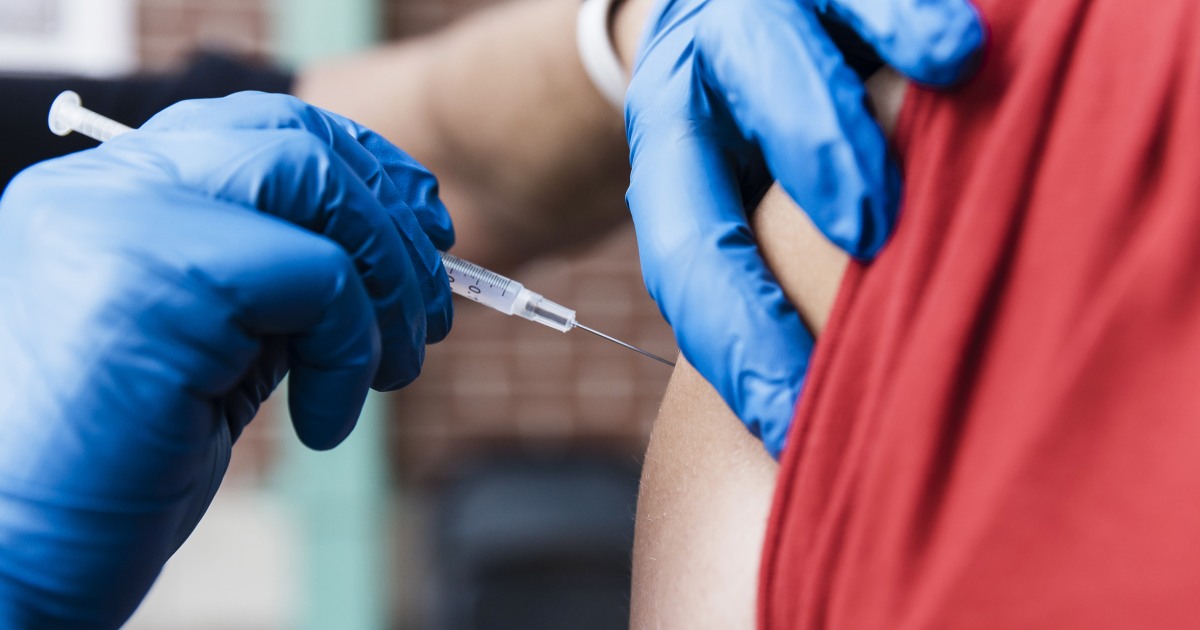
The Pfizer-BioNTech Covid-19 vaccine appears to be safe in people previously diagnosed with myocarditis, according to a small study presented Thursday at a European medical conference.
The findings, experts say, should help reassure people who previously experienced myocarditis that Covid vaccination is safe.
Full coverage of the coronavirus outbreak
Myocarditis is an inflammatory heart condition with a number of causes, including viral and bacterial infections. The mRNA Covid vaccines, from both Pfizer and Moderna, have also been linked to a small but increased risk of the condition.
The new study was presented virtually at the European Society of Cardiology Acute CardioVascular Care conference. It has not yet been published in a peer-reviewed journal, though it is undergoing peer review.
Researchers from France studied 55 patients, most of them young men, who had been hospitalized with myocarditis within the last five years and were later inoculated with a Covid-19 vaccine.
Patients were contacted by the researchers by phone and asked if they had been vaccinated, with which vaccine, how many times and whether they experienced any side effects.
They found that none of the patients experienced myocarditis, or any other serious adverse event after vaccination, suggesting that the Pfizer vaccine is not associated with a risk of recurrence of the condition. Because the vast majority of the patients in the study were vaccinated with the Pfizer vaccine, the findings cannot be applied to other currently available Covid shots, such as Moderna’s, the authors noted.
The results may be reassuring to those with a history of myocarditis who are reluctant to get vaccinated.
“One of causes pushing us to conduct this study was a patient with a history of prior myocarditis refusing to be vaccinated against Covid, fearing a recurrence,” lead study author Dr. Abou Saleh, a researcher at Hospices Civils de Lyon, a hospital in France, told NBC News in an email.
The findings, he said, may “incite patients with prior history of myocarditis to get vaccinated.”
The study comes less than two weeks after Florida’s surgeon general formally recommended against Covid vaccinations for healthy children, citing in part the rare risk of myocarditis in young men and teenage boys. The state softened its stance a day later, however.
Both Pfizer’s and Moderna’s Covid vaccines have been linked to a slightly elevated risk of myocarditis, particularly in men ages 18 to 29 following their second dose.
In February, the Centers for Disease Control and Prevention recommended people over the age of 12 and young men wait as long as eight weeks before receiving the second dose of the Pfizer or the Moderna vaccine as a possible means of reducing myocarditis risk.
Still, health experts note that the risk from vaccination remains very low, and most patients recover from the condition within a few days.
“It tends to be much milder than what we typically see with traditional myocarditis, and there is a much more rapid recovery,” said Dr. Katherine Poehling, a vaccine expert and pediatrician at Atrium Health Wake Forest Baptist in North Carolina.
She noted that the risk of severe complications from Covid is much greater than the risk of vaccine-induced myocarditis.
“I don’t think many people realize that Covid is a top 10 cause of death for children, which highlights this is something that is not benign in some children,” Poehling said.
The study adds to overwhelming evidence that the Covid vaccines are safe, said Dr. Leslie Cooper, chair of the department of cardiology at Mayo Clinic.
Patients in the study reported common symptoms, such as fatigue and headache, after vaccination, according to the authors.
Cooper also said the findings could mean that the mechanisms that cause traditional myocarditis in people are different than those that can cause vaccine-induced myocarditis, though more research is needed.
“We do have lots of data on older forms of myocarditis, but very, very little data on vaccinated-associated myocarditis mechanisms,” he said.
Follow NBC HEALTH on Twitter & Facebook.

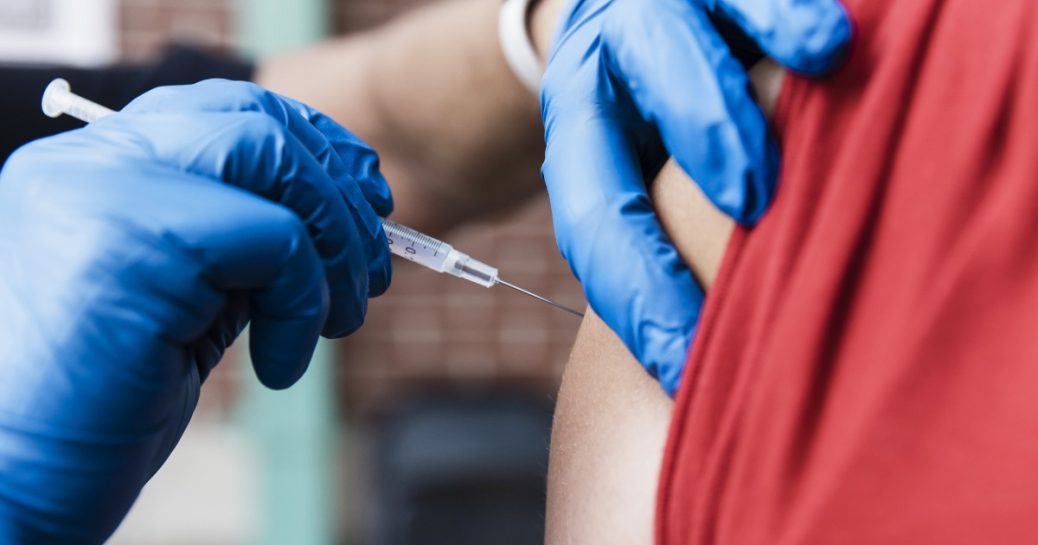


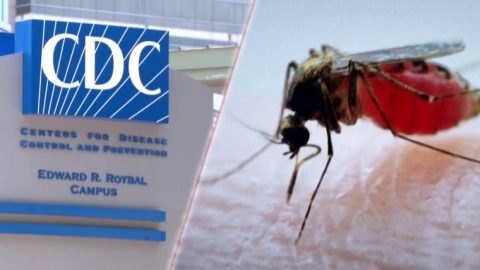
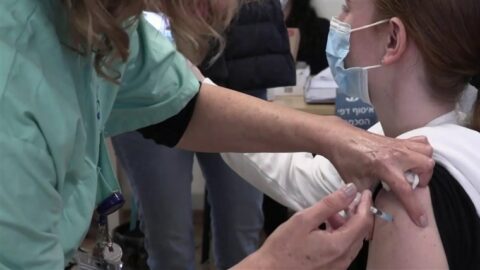
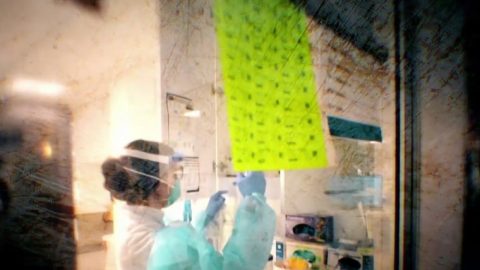



Recent Comments